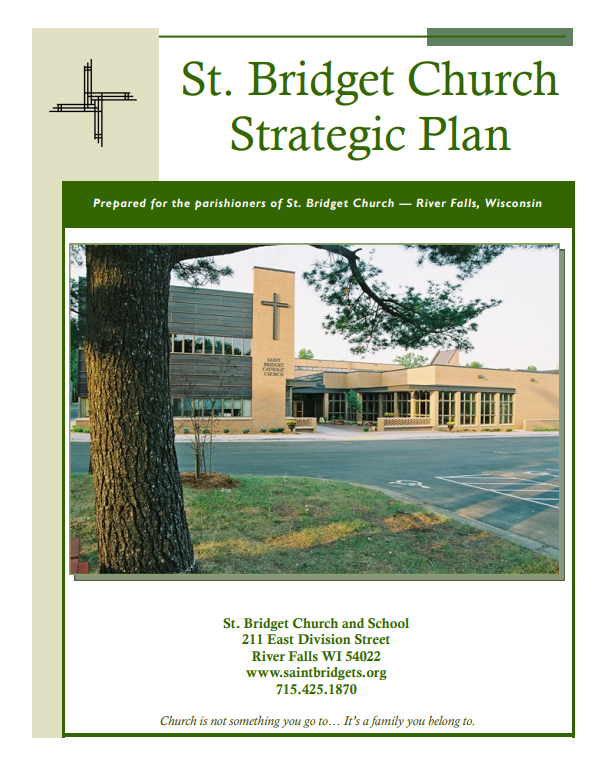St. Bridget Planning & Synod
Diocesan Synthesis of Listening Sessions for the
SYNOD ON SYNODALITY
Diocese of Superior, Wisconsin
Submitted to the USCCB - Spring 2022
Part One
Overview of the Diocese’s Approach
When the Synod on Synodality was announced in 2021 our diocesan leadership was several months into a time of intentional prayer and learning, discerning a plan to move our diocese from ‘maintenance mode’ in a more missionary direction. The preparatory documents (For a Synodal Church and the Vademecum) allowed latitude to tailor the diocese’s efforts to current pastoral efforts and circumstances. Accordingly, we were happy to engage in this synodal process as a means of heightening the call to mission in a way that coincided with this diocesan effort beautifully while also being faithful to the Holy Father’s desire for the Synod.
Part Two
What We Heard
There was a wide range of feedback that our prayerful consulation elicited at the parish gatherings, regional gatherings and in our diocesan online portal.
Part Three
Conclusion
The overwhelming majority of respondents were very positive about the future of our diocesan Church. Especially at the regional gatherings, the sense from the parish delegates was that there was a hunger for leadership from the diocese. One delegate stood up and said, ‘We are ready to do whatever it takes. We just need some direction!’ Another positive note was the excellent work being done to promote priestly vocations in our diocese. The faithful are deeply encouraged by our increased number of seminarians. Others noted the vibrancy of youth ministry programming through things like Extreme Faith Camp and Totus Tuus, which are thriving apostolates to children and teenagers that continue to grow each year.
The preparatory documents noted that the desired outcome of this process is not so much the creation of a document as the creation of a culture of listening. Many of the parishes’ listening sessions were very fruitful in this regard. Furthermore, the only complaint at the regional listening sessions was that they were too short. To this end, Bishop Powers has frequently voiced his hope that this process teaches us to be more collegial in our approach, while always being faithful to who we are as Catholics in practice and teaching.

